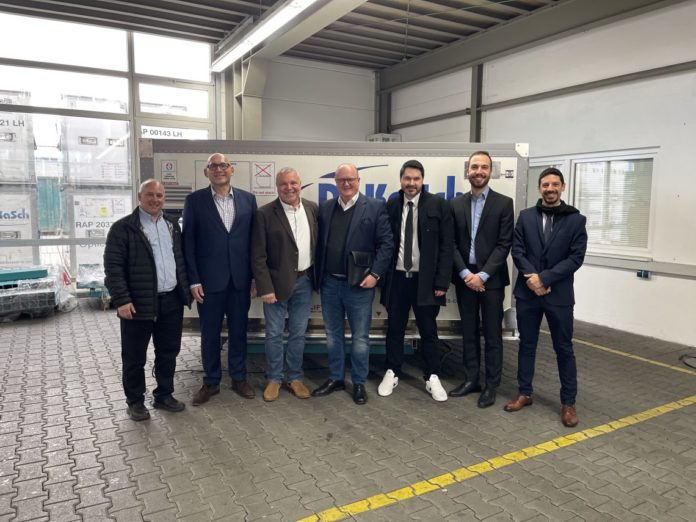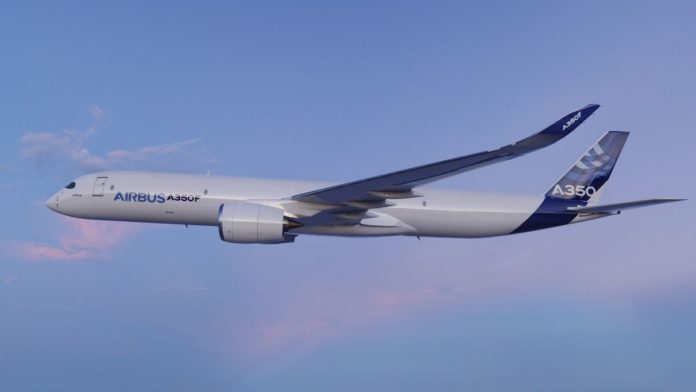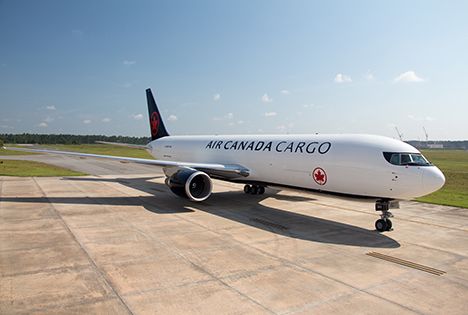Air Canada Cargo unveiled its renewed London Heathrow customer reception area, the first part of a wider project to modernize many parts of its largest European hub.
The reception includes a living wall featuring three types of locally-sourced mosses to help purify the air as well as improved workstations for customer service agents.
Senior director for Europe, Middle East and India, John Lloyd, said: “This improvement to our London Heathrow facility is the first of many investments in both customer-facing areas and our operations. The new space better represents the Air Canada Cargo brand and is a clear sign of the airline’s commitment to London as a hub facility as it continues strategically expanding the business.”

















